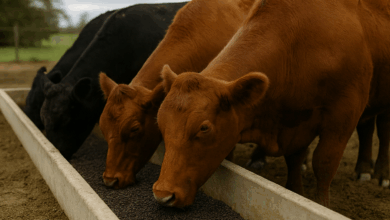Economic Impacts of Biochar Adoption in Developing Countries: Enhancing Local Economies and Agricultural Practices
Assessing how biochar production influences local economies and agricultural practices, leading to sustainable development and improved livelihoods.

The adoption of biochar technology in developing countries has emerged as a transformative approach, offering substantial economic benefits and enhancing agricultural practices. By converting organic waste into a valuable soil amendment, biochar not only improves soil fertility but also contributes to sustainable development and poverty alleviation.
Enhancing Agricultural Productivity
One of the primary economic advantages of biochar application is its ability to significantly boost crop yields. In Tanzania, for instance, farmers observed an increase in maize yields from 1 metric ton per hectare to 3 metric tons per hectare after incorporating biochar into their soil management practices. This substantial improvement translates to increased food security and higher income for farming households.
Income Diversification and Employment Opportunities
Biochar production offers rural communities opportunities for income diversification. By establishing small-scale biochar enterprises, local populations can generate additional revenue streams. In Africa, biochar initiatives have empowered farmers to produce and sell biochar, thereby improving their livelihoods and fostering economic resilience.
Cost Savings through Reduced Agricultural Inputs
The application of biochar enhances soil nutrient retention, leading to a decreased need for chemical fertilizers. This reduction in input costs allows farmers to allocate resources more efficiently, further strengthening their economic standing. Additionally, improved soil health contributes to long-term agricultural sustainability.
Environmental Benefits with Economic Implications
Beyond direct economic gains, biochar adoption contributes to environmental conservation by sequestering carbon and reducing greenhouse gas emissions. These environmental benefits can lead to participation in carbon credit markets, providing an additional income source for developing nations committed to climate change mitigation.
Challenges and Considerations
While the economic prospects of biochar are promising, challenges such as initial investment costs, lack of awareness, and technical expertise can hinder widespread adoption. Addressing these barriers through education, capacity-building, and supportive policies is crucial for maximizing the economic potential of biochar in developing countries.
Conclusion
Integrating biochar into agricultural practices presents a viable pathway for economic development in developing countries. By enhancing crop yields, creating income opportunities, and promoting environmental sustainability, biochar serves as a catalyst for improving the livelihoods of rural communities and advancing sustainable agriculture.
Sources:



